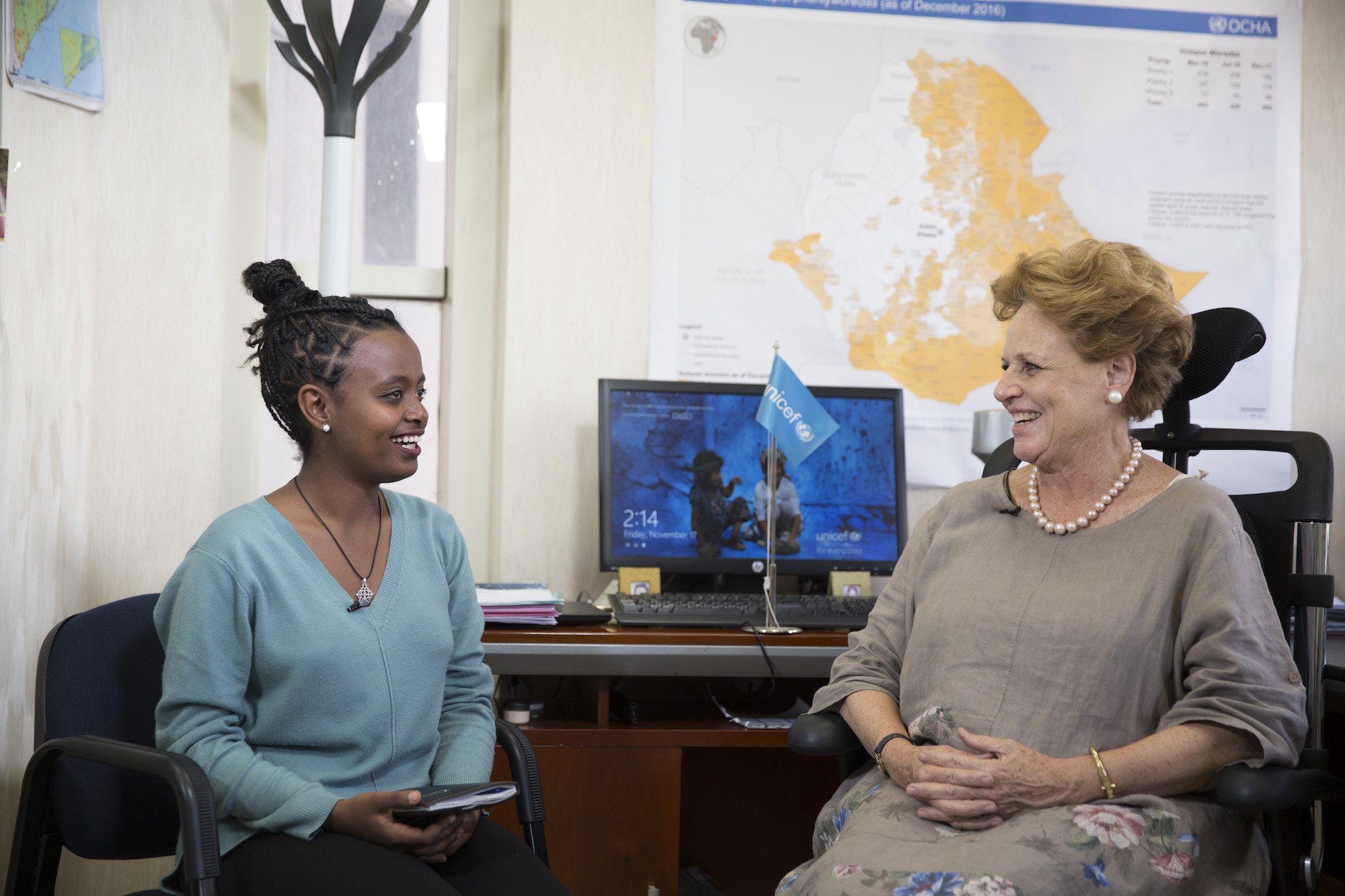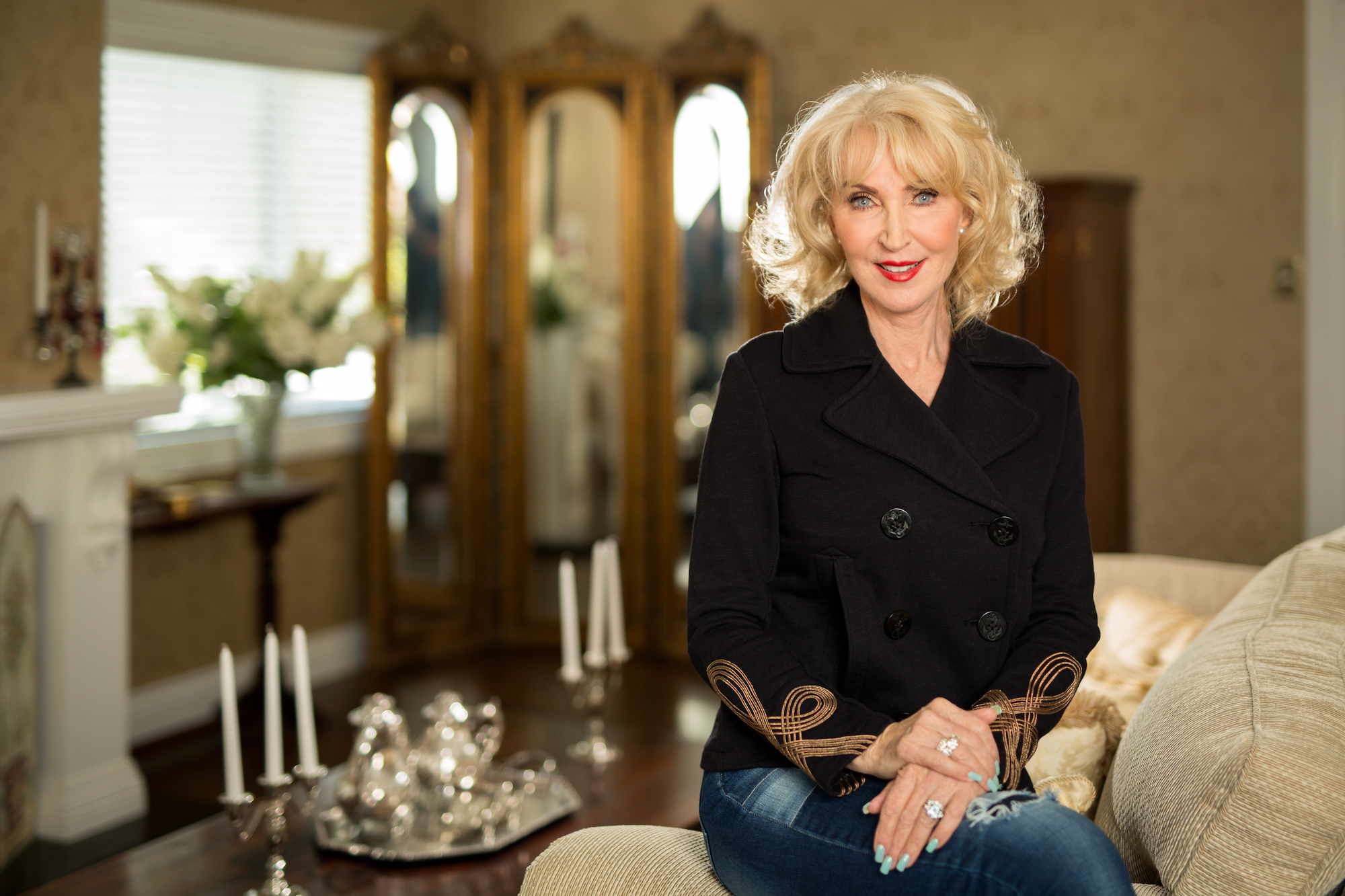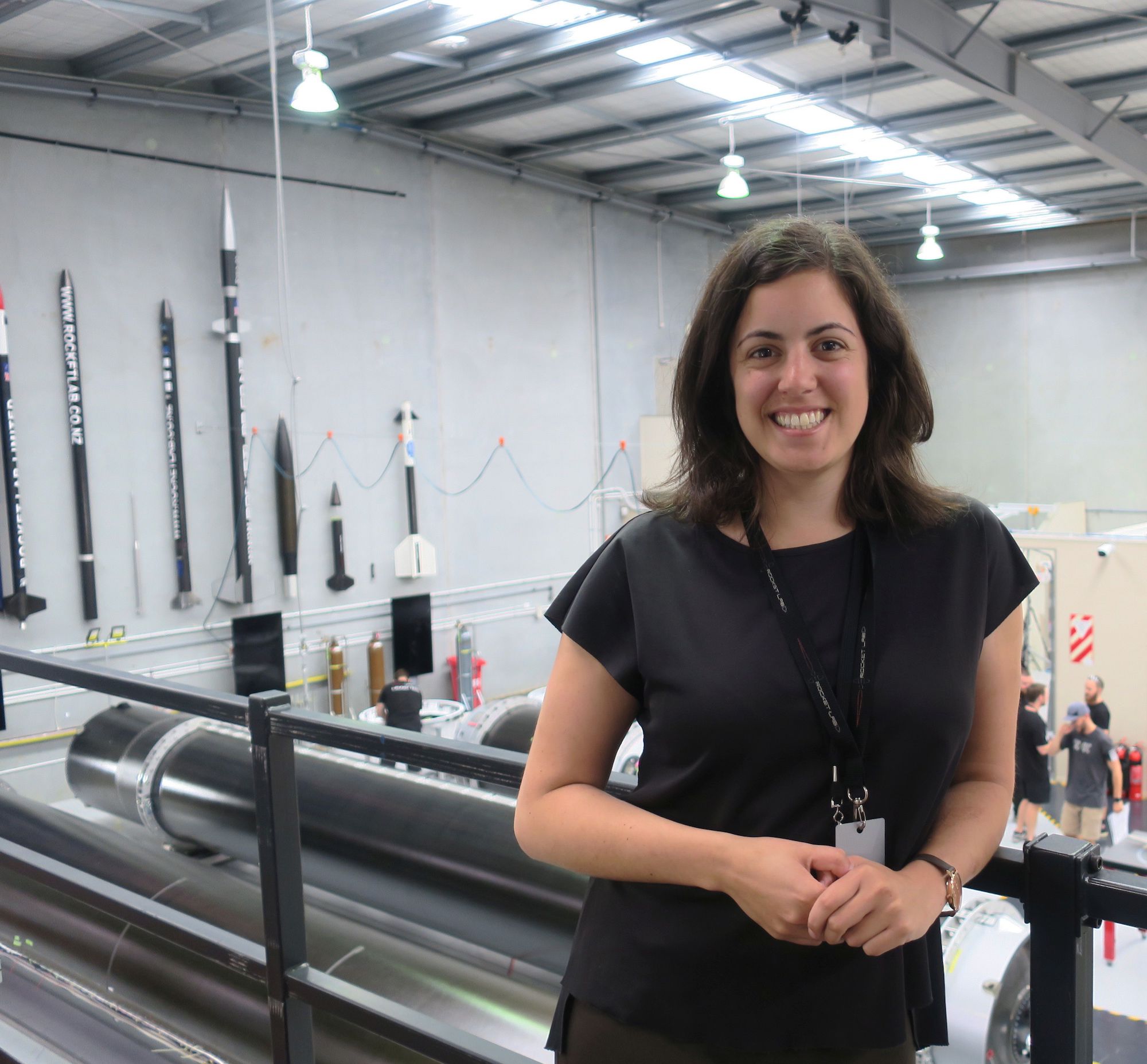Conquering gender stereotyping, the pay gap, maternity assumptions and juggling a variety of socially-expected roles is the overwhelming reality of the skid marks patriarchy has left in its slippery trail. To celebrate International Women’s Day, we spoke to New Zealand women who have—despite the uneven playing field laid before them—succeeded in their respective careers. They’ve gone from ice-cream server to rocket engineer, 15-year-old mother to private investigator, and truck driver to UNICEF representative. We asked them how they did it.
Arihia Bennett, 57
CEO Te Rūnanga o Ngāi Tahu and former social services worker

What was your first job out of school?
I was a nurse aid in the Christchurch Hospital in the orthopaedics unit, helping doctors with plasters. So right from leaving school, I immediately went into a role that was about caring for and working with children. I was always quite clear that I wanted to work in the community.
Videos by VICE
You’ve said that when you were younger, you were plagued with self-doubt. How did you get through this and gain the confidence that you have today?
I’m female, I’m Māori and that self doubt was actually, as a younger person, not having the courage, confidence, knowledge and information behind me to be able to articulate myself when being challenged about something. So, it was usually head down and on with my jobs, but I still had my ears open, watching and learning and listening and being able to go away and clearly see where people are judgemental, where people fear change and diversity and I was able to take all of that learning on board and that’s about acknowledging your own intuition, building your self-awareness and gradually pulling all of those learning tools together.
Gillian Mellsop, 62
UNICEF Representative to Ethiopia

How did you get into what you’re doing now?
I actually started with a Law/Arts degree at Auckland. I think often, when things don’t quite go as planned in your life, it can take you in another interesting direction. I failed a couple of law papers and it set me on another track. I took a year off University and did a range of interesting jobs around NZ. I had learnt to be a truck driver as a Territorial in the New Zealand Army so was able to get a job driving a truck in Auckland. That was such a well-paid job that I actually saved quite a bit of money and found this amazing trip that went from Nepal through India to Mumbai and overland through Africa to London. I came back and finished an anthropology and history degree and as I was finishing that degree, I visited the External Aid Division in Foreign Affairs where I was lucky to meet the woman who headed the development training branch… she had spent some time in Africa and I think the fact that I had gone and travelled in Africa by myself made me a bit different from other applicants. So, the day I finished my degree, there was a letter in the mail from Foreign Affairs offering me my dream job.
Through UNICEF, what have you been doing for young women in Ethiopia?
In Ethiopia, we unfortunately still have very high levels of child marriage and very high levels of female genital mutilation. It’s one of the worst abuses of women’s rights and girls rights. So we have a very big programme to prevent both of those harmful traditional practices, as we call them. In terms of encouraging young Ethiopian women, we have an internship programme that solely targets young Ethiopian women graduates, so we want to build up a group of young women who have experience with UNICEF and who we can then invite when we’re doing recruiting.
Donielle Brooke, 30
Founder and creative director, Designer Wardrobe

Tell me about your first job.
My first job out of high school was at hair salon Stephen Marr. I ended up working for them for nine years and while working for the salon, I was able to get to know the fashion industry; I worked on photoshoots with our top models, designers and photographers, and was involved in fashion week every year.
So how did the idea for Designer Wardrobe come about?
I was 25 at the time and I was just diagnosed with thyroid cancer. I had a wardrobe full of designer clothing, I had no savings and I had lots of bills I needed to pay and unsure how long I would be off work for. I often came up with business ideas and decided it was time to turn this idea into reality.
Julia Hartley-Moore, 63
Private investigator and managing director, Arbeth & Co Ltd

I understand you had a really rough start in life, being raped and giving birth at 15. How did you overcome those hardships?
Because of the era that it was, the stigma that was attached to anyone having a baby was huge. Essentially I was raped and to have a child at 15 was illegal and it was only the fact that I married the father that I was allowed to keep her. I was like a lioness with a cub, I was just not going to give my baby away.
How did you get into private investigation?
Well I can remember at 18 trying to get into the police force and firstly, I didn’t have any secondary education because I left school at 14, so obviously it wasn’t going to work. I went to the Henderson police station and I was told by a male police officer that I was “too feminine” to be a police officer. Then, when I worked at Harrods in London, it was fate, something happened and I found myself in a position to help and I’ll never forget the head of security saying to me “you know, Hartley-Moore, you’ve got the making of a great detective”, so essentially I came back to New Zealand and went about doing it.
Do you have a morning routine that sets you up for a good day?
Well if I can, I try and sneak off for a bike ride. I make sure I look after me. This might sound selfish, but I’ve always put myself first. Most mothers say that their husbands and children will always come first, but as a mother, it was always me. Because I felt that if I wasn’t there for my kids, there wouldn’t be anything for my children.
Naomi Altman, 28
Avionics Manager, Rocket Lab

Tell me a bit about your job.
Basically our team is responsible for all of the electronics on the rocket and I manage a team of about 20 technicians and do all of the development and testing and integrations and we also run the avionics system on the day of launch, so basically we do the electronics on the rocket.
You were pretty lucky landing Rocket Lab as your graduate job. What were some of the shittier jobs you worked when you were younger?
Working at an ice-cream parlour, that was rock bottom. I don’t want to name names but I was on minimum wage and I was really bad at it as well.
What are some key lessons you’ve learnt over the last 4 and a half years at Rocket Lab?
I was very conscious that I didn’t have a lot of experience and there were a lot of people I could learn from, so really working hard can make up the difference when you know that you’re lacking in experience.
More
From VICE
-

Collage by VICE -

Collage by VICE -

Eva Pascoe, founder of Cyberia, poses at the cyber cafe in London. All photos courtesy of Eva Pascoe, Ali Knapp, and Roger Green. -

Collage by VICE
